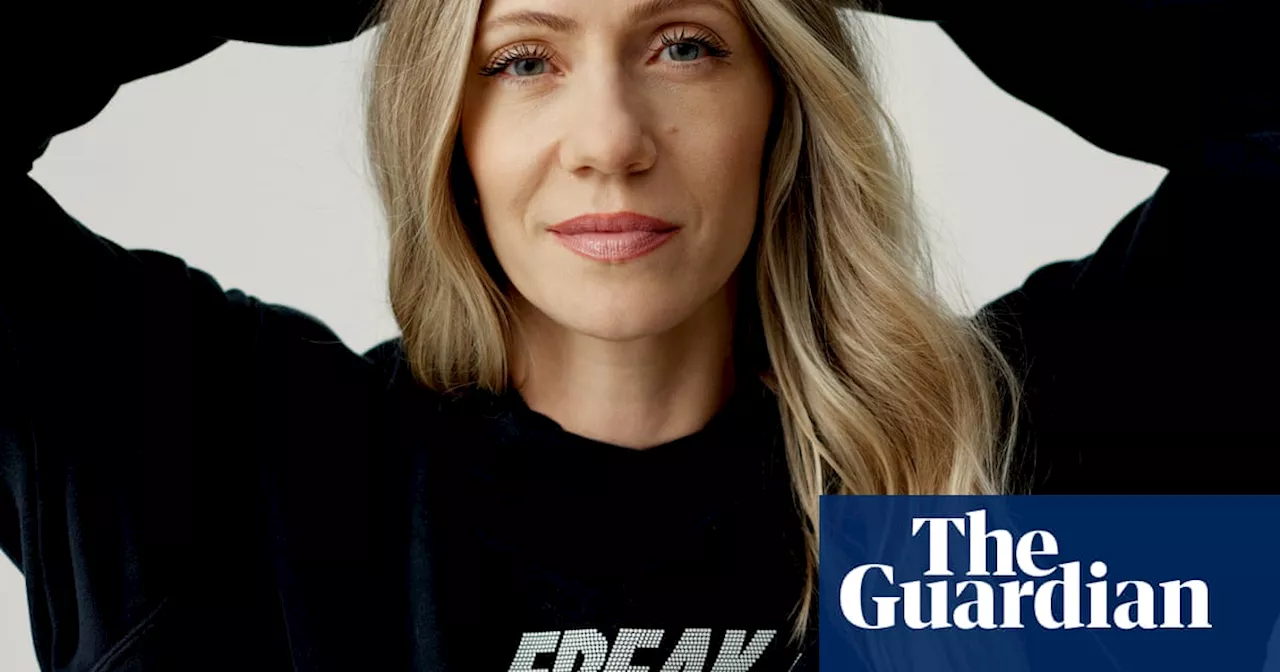A personal account of a woman's struggle with OCD and her realization about the flaws in mental healthcare.
I was the poster girl for OCD . Then I began to question everything I’d been told about mental illness
framed it in the same way: illness. This was due to the received wisdom that mental disorders are diseases of the brain with organic, biological root causes; and to the medical language that infused charity campaigns and the media. It was also due to the ideas explicitly promoted by professionals who treated me. One of my CBT therapists said that OCD is primarily caused by a misfiring amygdala, a structure in the temporal lobe of the brain.
“OCD is not a biological reality,” Gillan said, very matter of factly. “That’s what the data increasingly shows.” I would later come to understand that to question the medical model is not to question whether mental health problems exist: they are real and devastating. I would learn that, yes, there are brain changes that correlate with poor mental health, changes that entrench and compound distress. But that neuroscience is far from being able to understand these correlations, much less categorise them into discrete conditions, or explain why brains start to become disordered in the first place.
The following year, with my intrusive thoughts still gnawing, I landed a job as a writer on a Netflix sci-fi series, a role refreshingly removed from my life of mental health advocacy. “What happened here?” a colleague asked innocently on set, pointing to the scars on my arm.She glanced around. No one nearby to rescue us.
In academia, psychiatrists will claim that criticising the biomedical model is knocking down a straw man, since they long ago started considering psychological and social factors . But I’ve seen little evidence of this shift. In England, we’re still five times more likely to be prescribed psych meds than therapy. And the discredited chemical imbalance theory (thatMeanwhile, in clinic, patients’ opinions routinely matter less than those of doctors.
If the trauma model does the same, it may admit that searching for causal agents in the past can facilitate dissociation from normalised dysfunction in the present; from the miseries of consumerism and the 40-hour working week; from the fact that many of us live without meaningful relationships in what psychiatrist Bruce Perry chillingly calls
OCD Mental Illness Invasive Thoughts Mental Healthcare Personal Struggle
Australia Latest News, Australia Headlines
Similar News:You can also read news stories similar to this one that we have collected from other news sources.
 I was the poster girl for OCD. Then I began to question everything I’d been told about mental illnessWhen I sought help for crippling invasive thoughts, I was told I had a disease like any other. But I wasn’t able to recover until I understood the fallacy at the heart of mental healthcare
I was the poster girl for OCD. Then I began to question everything I’d been told about mental illnessWhen I sought help for crippling invasive thoughts, I was told I had a disease like any other. But I wasn’t able to recover until I understood the fallacy at the heart of mental healthcare
Read more »
 Interest rate cuts: Unreliable’ jobs data leaves central bankers on shaky ground”Economists are questioning whether official reports offer an accurate guide to the labour market.
Interest rate cuts: Unreliable’ jobs data leaves central bankers on shaky ground”Economists are questioning whether official reports offer an accurate guide to the labour market.
Read more »
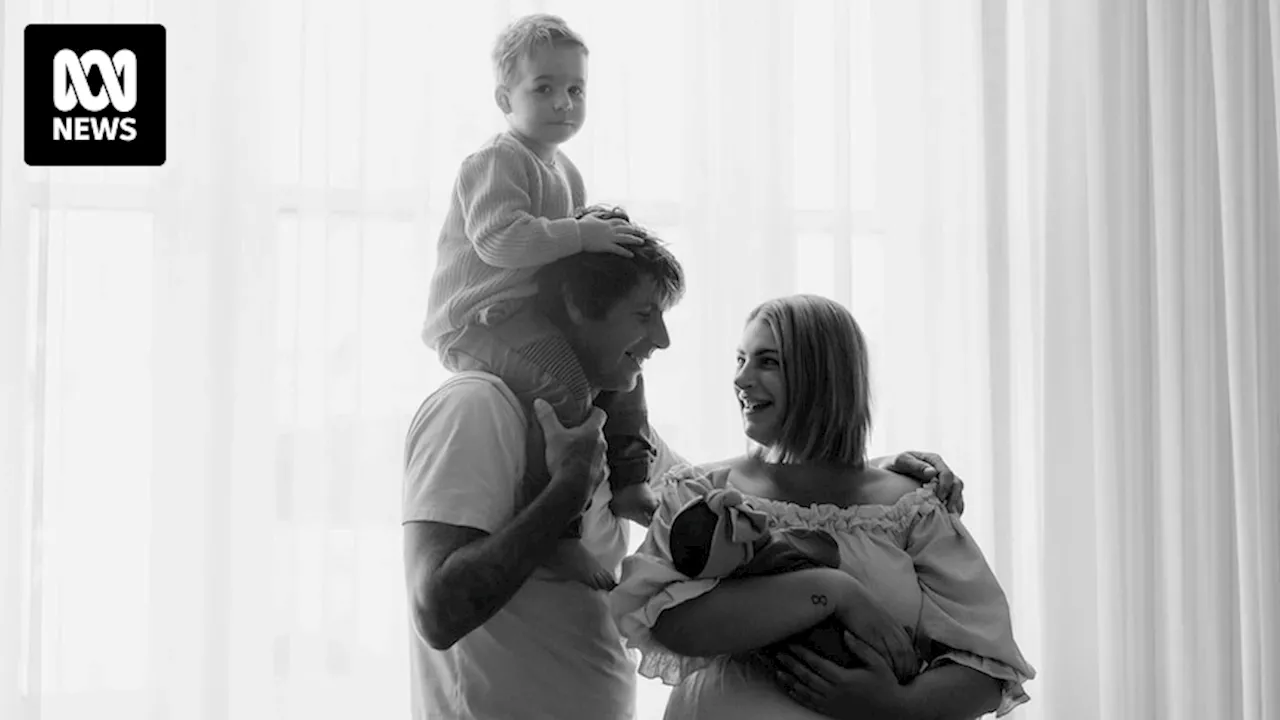 Victorian woman calls to improve mental health emergency support after partner's death by suicideA woman from the small town of Numurkah is calling for improved responses to a mental health crisis in Victoria following her late partner's death by suicide.
Victorian woman calls to improve mental health emergency support after partner's death by suicideA woman from the small town of Numurkah is calling for improved responses to a mental health crisis in Victoria following her late partner's death by suicide.
Read more »
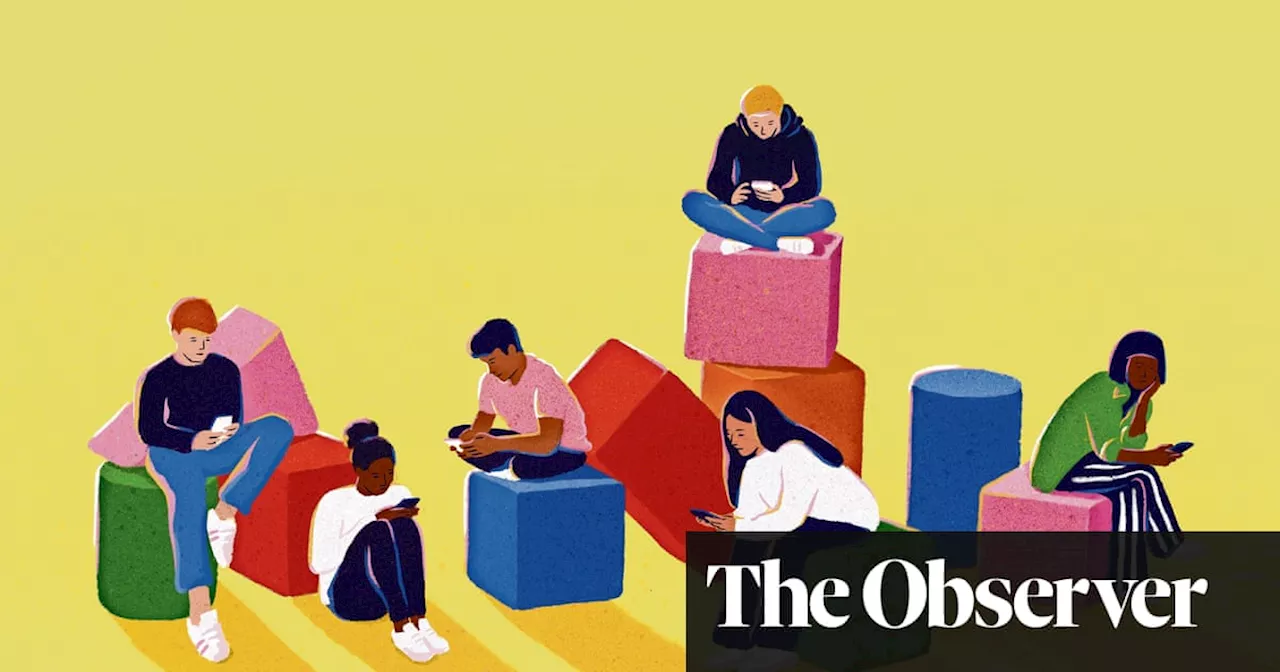 Generation Anxiety: smartphones have created a gen Z mental health crisisThose born after 1995 were the first people in history to go through puberty with a portal to an alternative universe in their pockets – and the toll this has taken on their wellbeing has been devastating
Generation Anxiety: smartphones have created a gen Z mental health crisisThose born after 1995 were the first people in history to go through puberty with a portal to an alternative universe in their pockets – and the toll this has taken on their wellbeing has been devastating
Read more »
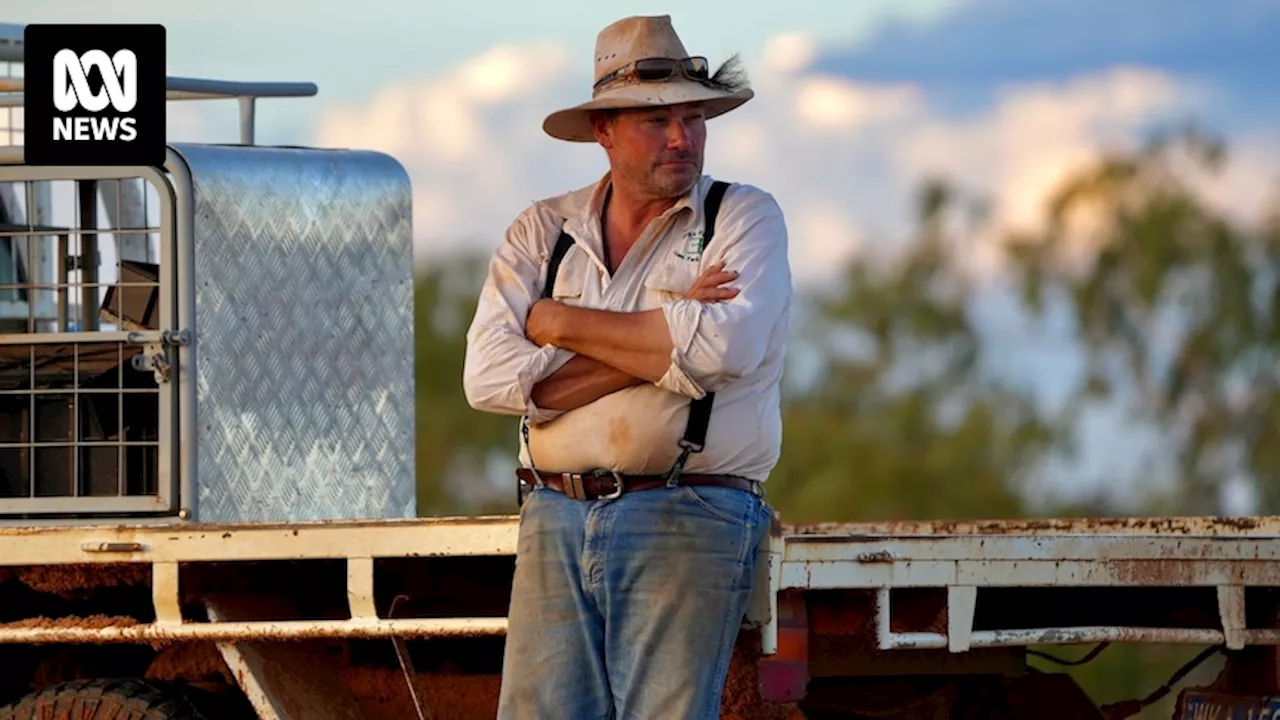 Graziers in remote NSW share their struggles so others can break mental health stigmaHe didn't know it at the time, but Wes Herring wasn't standing alone on the precipice of breaking point — we explore how he and others are overcoming the mental torments of life on the land.
Graziers in remote NSW share their struggles so others can break mental health stigmaHe didn't know it at the time, but Wes Herring wasn't standing alone on the precipice of breaking point — we explore how he and others are overcoming the mental torments of life on the land.
Read more »
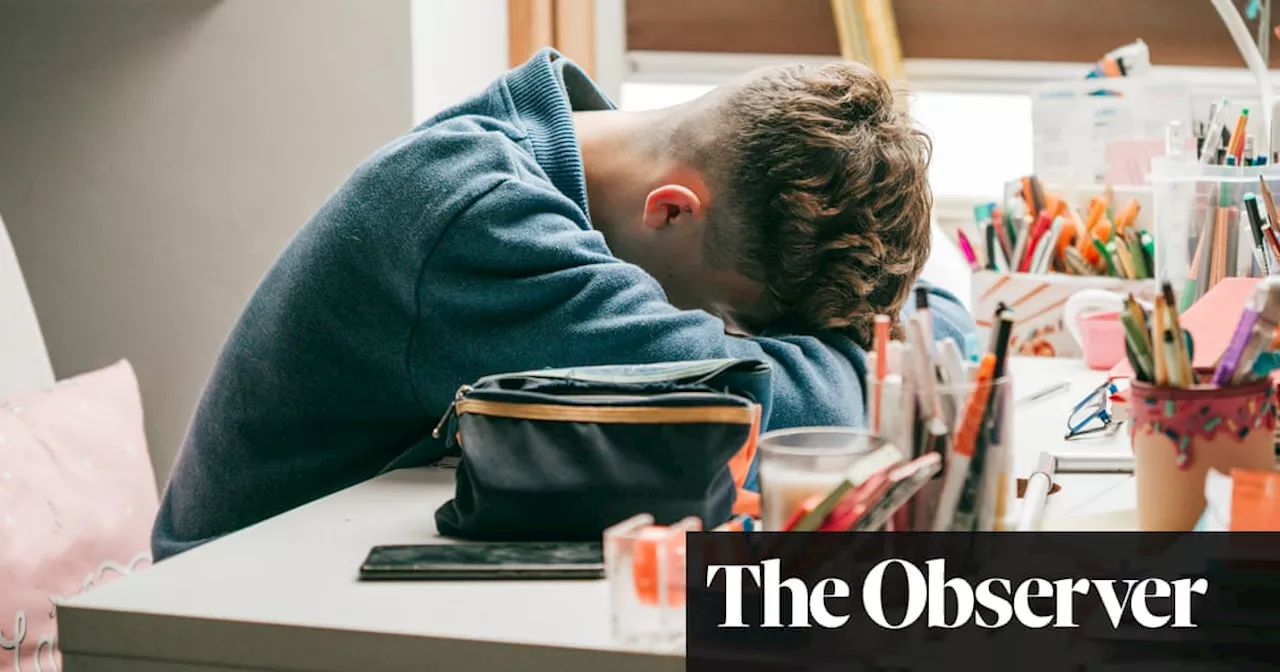 How Covid lockdowns hit mental health of teenage boys hardestNew research findings are contrary to what had previously been thought about pandemic’s effect on children’s wellbeing
How Covid lockdowns hit mental health of teenage boys hardestNew research findings are contrary to what had previously been thought about pandemic’s effect on children’s wellbeing
Read more »
